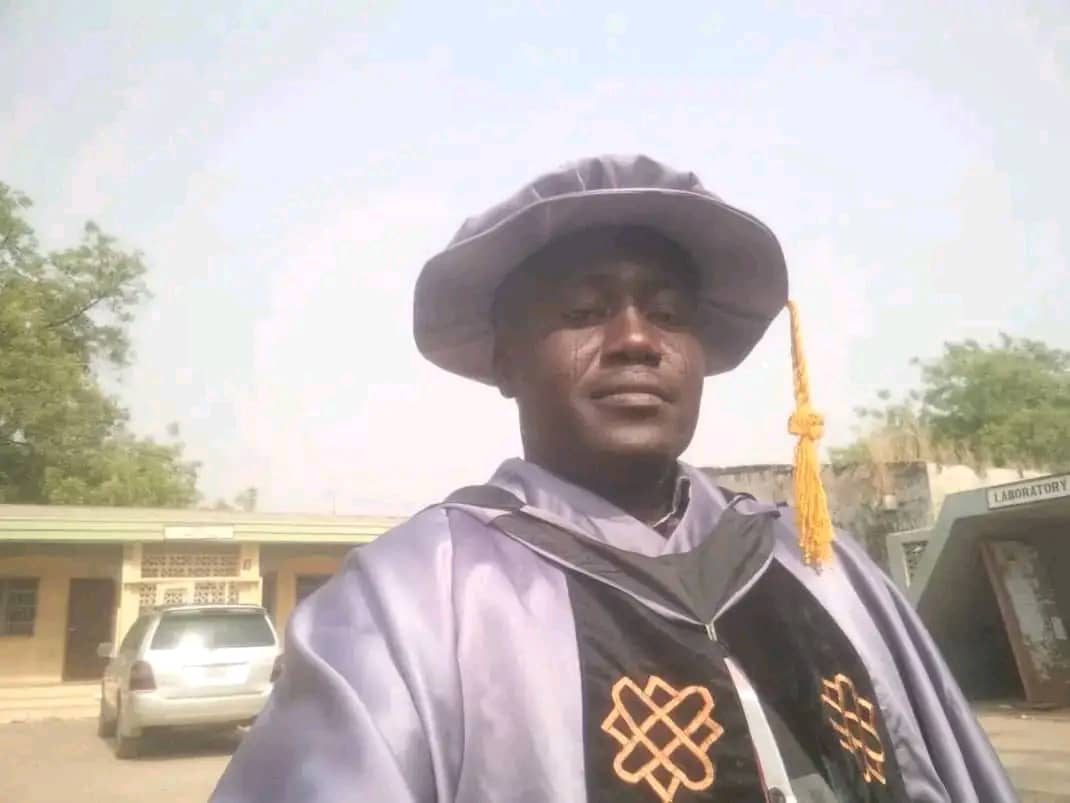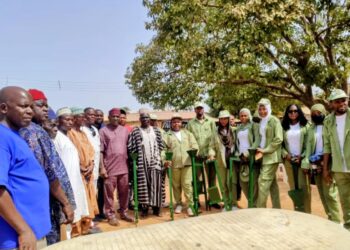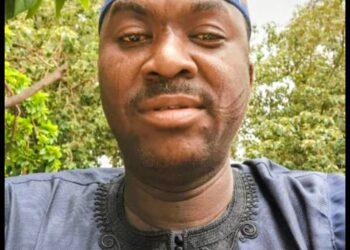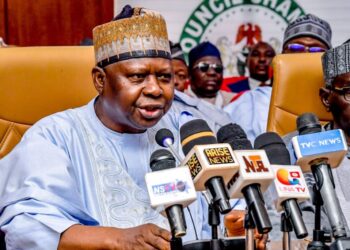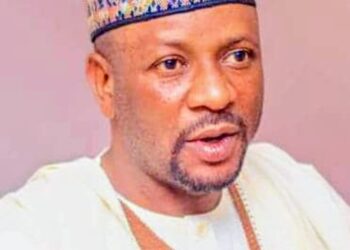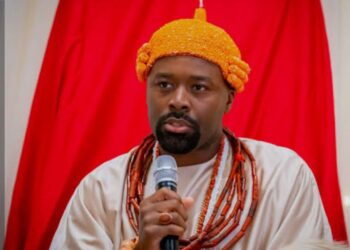University Don Calls for Harmonization of Requirements for VC Positions in Nigeria.
From Our Correspondent
A call for the harmonization of requirements for the position of Vice-Chancellor in Nigerian public and private universities, as well as for improving university welfare packages, has been emphasized.
Professor Mohammed Yelwa from the Department of Economics at the University of Abuja made this statement during an interview with journalists in Minna. He noted that the process of appointing Vice-Chancellors has been a source of avoidable tension and legal disputes in the country.
Professor Yelwa explained that the appointment process for Vice-Chancellors in Nigerian universities has, in recent years, led to disputes, crises, and prolonged litigations that could be resolved if the requirements were properly harmonized.
He identified the lack of uniformity in these requirements—specifically the controversial ten-year professorial experience clause—as a major source of conflict. This inconsistency has resulted in loopholes for manipulation in some institutions, while unjustly disqualifying competent candidates in others.
According to the professor, “It is imperative that the Federal Ministry of Education, in collaboration with the National Universities Commission (NUC), develops clear, uniform, and binding guidelines to harmonize the criteria for the appointment of Vice-Chancellors in both public and private universities.”
He added, “Such harmonization should consider the peculiarities of the Nigerian university system while aligning with global best practices.”
Professor Yelwa emphasized the need for the Federal Ministry of Education and the NUC to work together to develop clear guidelines for appointing Vice-Chancellors across both public and private universities. He warned that the current disparities in interpreting and applying the ten-year professorial experience requirement have fostered conflict and institutional instability in the country.
He pointed out that in some cases, otherwise qualified candidates have been unjustly disqualified, while in others, rules have been bent to favor certain interests.
To address these recurring issues, Professor Yelwa suggested reviewing the Universities (Miscellaneous Provisions) Act and other relevant laws to eliminate ambiguities, which would enhance peace in the system.
“This review will not only ensure fairness, transparency, and meritocracy in the selection process but will also strengthen the integrity of university governance in Nigeria,” he said.
He insisted that harmonizing these requirements would significantly reduce conflicts, restore trust in the system, and allow universities to focus on their core mandates of teaching, research, and community service without the distractions of prolonged leadership disputes.
Additionally, he emphasized that the “search clause” in the Act should only apply to universities less than 20 years old. He believes that any institution with over two decades of history should have generated enough qualified professors for the Vice-Chancellorship without needing external search committees.
Professor Yelwa also appealed to the Federal Government to immediately release all withheld salaries and urgently review the welfare of university workers nationwide. He noted that inflation has eroded their earnings, and current salaries are insufficient to meet the living standards expected of academic professionals.
He stated, “In the past, Nigerian professors had easier access to international research grants, but such opportunities have become scarce. Therefore, I urge the Federal Government, particularly TETFund, to create structured grant schemes for our doctoral students to access post-doctoral training opportunities, as is the practice in advanced countries. This investment in capacity building will strengthen our research output, global competitiveness, and national development.”
In conclusion, Professor Yelwa reiterated that the future of Nigerian higher education depends on decisive action to harmonize leadership appointments and restore dignity to the academic profession

